

0%




mind-body problem, free will
and moral responsibility, artificial intelligence
and personal identity.


“I participated in the Greenland consciousness cruise referred to in your article (The I in mind, 21 January). The majority of the participants were in the Daniel Dennett camp, according to which proper respect for science requires us to deny the very existence of...
Vasilyev’s book is devoted to the discussion of the hard problem of consciousness – the question of why the function of the human brain is accompanied by the subjective experience. The author considers the origins of this problem first formulated in a clear ...
Taken at face value, ‘Anna Karenina is a woman’ seems true. By using Tolstoi’s name ‘Anna Karenina’ and the predicate ‘is a woman’ we appear to refer to the character Anna and to attribute to her a property which she has. Yet how can this be? There is no actual woman...
“This paper concerns the problem of how Kant can validate a questionable claim that he makes in §16 of the 1787 B-edition of the Transcendental Deduction of the Categories, as well as the relation of that claim to Kant’s account of apperception, or the intellectual...
At Kenyon College, when I was an undergraduate (from 1957 to 1961), my friends and I argued hard about philosophical texts and issues, and we each spent many hours trying to think through the proper interpretation of these texts. A great deal of the stimulus for ...
“Elliott Sober has written an interesting paper containing striking generalizations and speculations that relate pictures, language, and perception. His inquiries display an admirable breadth and imagination, and I think that we must immediately grant some of his...
“In this paper I answer the question: what logical form have statements in which a picture is said to represent some object? More exactly, my question is: of what symbolic sentences, expressed in the first-order predicate calculus (perhaps supplemented with modal...
A concept of considerable importance in the study of perception, of representation and expression in the arts, and of metaphor, whose explication affords many difficulties, is that of seeing as. Since Wittgenstein introduced this concept into analytic philosophy ...
“Сёрл известен своим мысленным экспериментом Китайской Комнаты. Аргумент впервые появился в статье «Сознание, мозг и программы» в 1980 г. С помощью этой истории Сёрл оспаривает тест Тьюринга как критерий рациональности, идею о том, что мышление...
Во Введении обоснована актуальность диссертационной работы, проведен исторический обзор литературы по данному вопросу, обозначены подходы к исследованию философии Д. Деннета в российском и англоязычном философском сообществе. В особенности...
Обычно говорят, что сознание супервентно на мозге. В первую очередь это означает, что сознание зависимо от мозга и что физические свойства мозга первичны по отношению к свойствам сознания, определяют их («свойство» в данном случае — широкое понятие, вместо него можно...
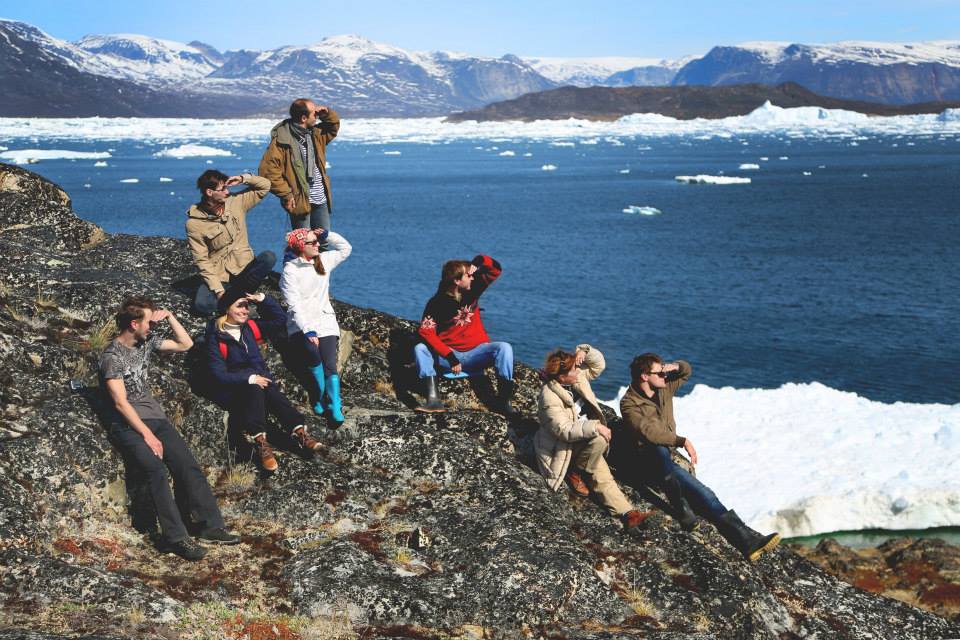

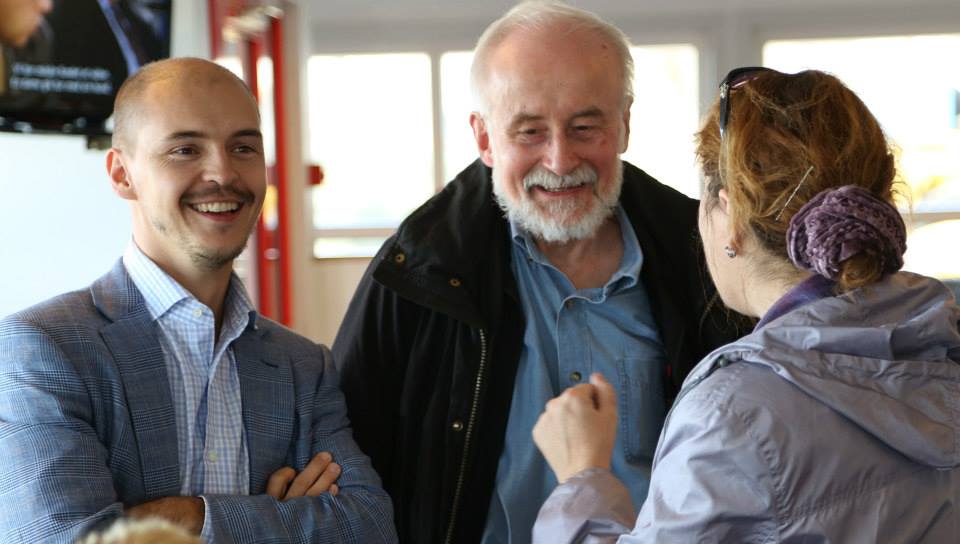

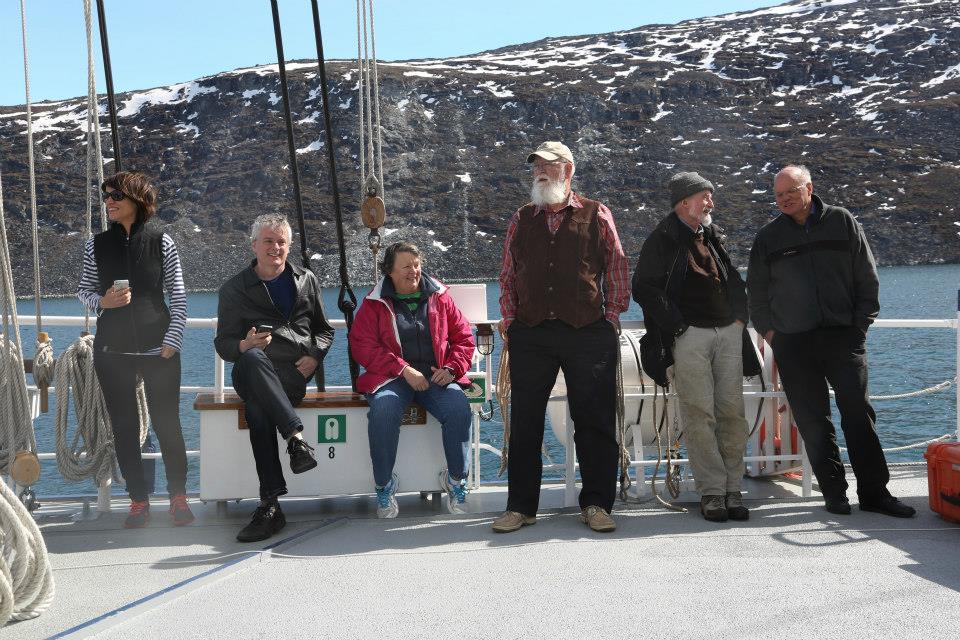
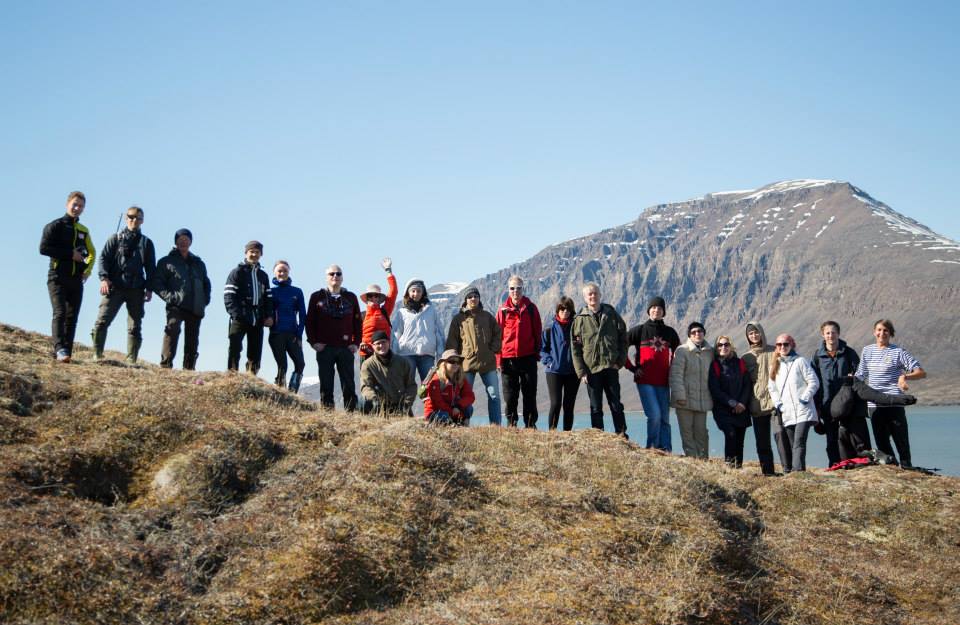


Kuznetsov’s article considers Ned Block’s well-known distinction between phenomenal consciousness and access consciousness. In contrast to Chalmers’ hard problem of consciousness, phenomenal consciousness, as described by Block, does not present ...
Churchland is trying to combine philosophy, neuroscience and evolutionary biology within consciousness studies. In her interviewm she discussed the following questions: What is eliminativism and its difference from the identity theory? Could armchair philosophy and...








